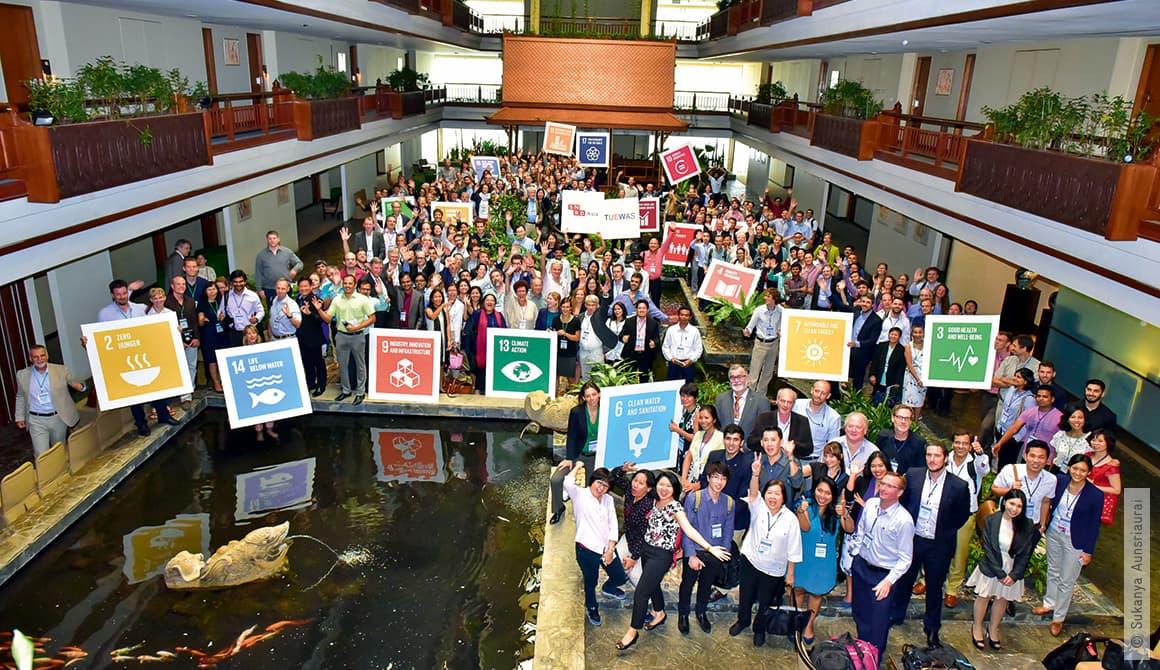TACKLING CORRUPTION AND PROMOTING A HEALTHY COMPLIANCE CULTURE

The war on corruption is one of the cornerstones of GIZ’s worldwide operations. And that obviously includes GIZ’s own actions. Whether we are talking about equality, transparency or partnership, GIZ’s Code of Conduct lays down mandatory principles that must be respected by all staff members. As soon as they join the company, new employees are made aware of situations in which there is a risk of non-transparency and corruption.
COMPLIANCE AND INTEGRITY
GIZ’s Compliance and Integrity Unit was founded at the end of 2015. It ensures effective compliance within GIZ and addresses compliance problems in a way that is transparent for all stakeholders, and resolves them.
Where there is reasonable suspicion of non-compliance, employees, project partners, clients or members of the general public can contact either the independent integrity advisors attached to the Unit or an external ombudswoman. The integrity advisors were contacted in conjunction with 319 cases in 2016. They followed up all requests for advice and investigated every notification of potential misconduct.
The Compliance Committee is responsible for deciding on fundamental compliance issues. The Committee consists of two managing directors and various directors general of departments and directors of corporate units.
COMPLIANCE MANAGEMENT
In its country offices around the world, GIZ is particularly keen to ensure that compliance management systems are in place. A number of pilot countries analysed country-specific risks regarding corruption and non-compliance in 2016. They then initiated appropriate counter-measures and put in place permanent systems to address the risks. Once the lessons learned have been evaluated, this approach will be mainstreamed in all GIZ’s field offices outside Germany.
In the GIZ country office in Pakistan, for instance, employees got together to lay the foundations for a healthy compliance culture. Regular brown bag lunches and open hours, when national personnel can consult the country director, as well as coaching on how managers see their role, are all helping generate an open and cooperative atmosphere. This allows trust, appreciation and teamwork to flourish – preconditions for compliance and integrity.